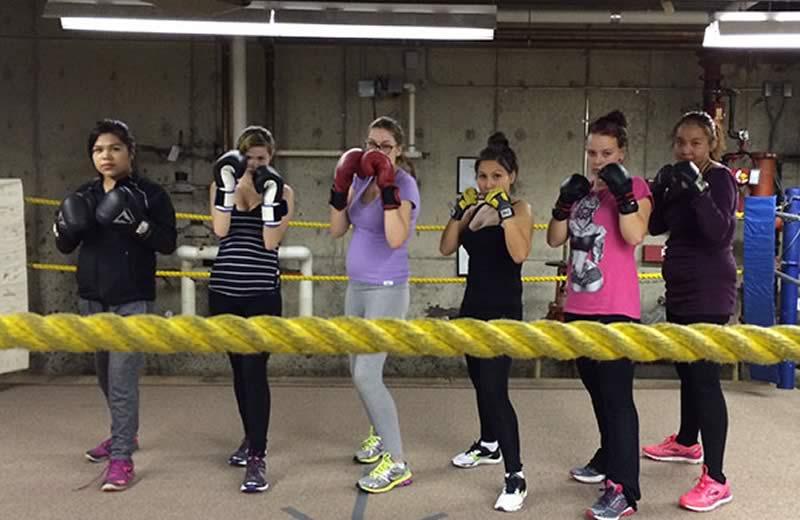This blog was co-authored by Cindy Gjerde (Regional Nursing Lead Tobacco Reduction).
This summer, we want to know what wellness means to you
Share a photo, story, drawing, or video explaining what wellness means to you for a chance to win a grand prize! To inspire you, we’ve featured regular wellness content on the Northern Health Matters blog all summer long!
Teens. How do we keep them safe, happy, engaged, and AWAY from tobacco, cannabis, alcohol and other drugs? As a woman who has spent her career working in mental health and substance use services, and as a parent to two adorable little girls, I ask myself this question daily. While there is no script I can give you, there are some key considerations to tuck into your parenting/coaching/teaching playbook.
- Self-esteem matters: Teens need to feel empowered, confident, and like they contribute and are important.
- Resiliency matters: Showing, supporting, and guiding teens through tough times teaches them that tough times have an end point, and they have power in how they deal with the tough stuff.
- Connectedness matters: Encourage teens to be and stay connected to parents, friends, neighbours, teachers, coaches, leaders, grandparents.
- Safe spaces matter: Safe places are more than ones that are physically safe (although that’s part of it). Mental and emotional health promoting spaces are warm, welcoming of diversity, free of discrimination and violence, places that are substance-free, and encourage young people to be themselves.
Prevent, delay and reduce substance use
We know that the longer we prevent teens from using substances, the better armed they are in preventing the disease of addiction. We also know that substance use during adolescence can interfere with important developmental changes. So what can we do to prevent them from using in the first place?
- Talk to them about tobacco, alcohol, marijuana and other drugs.
- Respond positively to your child’s/teen’s interests.
- Involve your teen in activities and chores that grow their abilities.
- Encourage your teen to get a part-time job or volunteer.
- Support them during their tough times – use comforting language, and affirming statements.
- Model responsible substance use (if substances are part of your life).
- Help them learn to make and keep friends.
- Support them to try new things and keep active.
Wellness resources to educate yourself and your teens:
- BC Lung Association
- Canadian Mental Health Association
- Evaluating mental health and substance use information
- Here to help
- Kelty Mental Health
- Mind check
- Quitnow.ca
- The Friends Program
Things to be on the lookout for:
- Change in mood or behaviour
- Change in friends
- Isolating themselves
- Dropping grades or loss of interest
- Changes in sleeping patterns
- Signs of substance use: smell of tobacco, cannabis, alcohol
- Skipping school or work
- Need for money
- Finding drug paraphernalia in the home
Resources where you can get help:
Visit your family physician or health care provider for a referral/recommendation to local resources such as:
- Confident Parents (Canadian Mental Health Association).
- Healthlink BC: Call 8-1-1
- Visit your local mental health and substance use services
- Crisis Prevention, Intervention and Information Centre for Northern BC: For crisis line in Prince George call 250-563-1214 or 1-888-562-1214 for the rest of Northern BC.
- Suicide Line: 1-800-SUICIDE or 1-800-784-2433














Comments